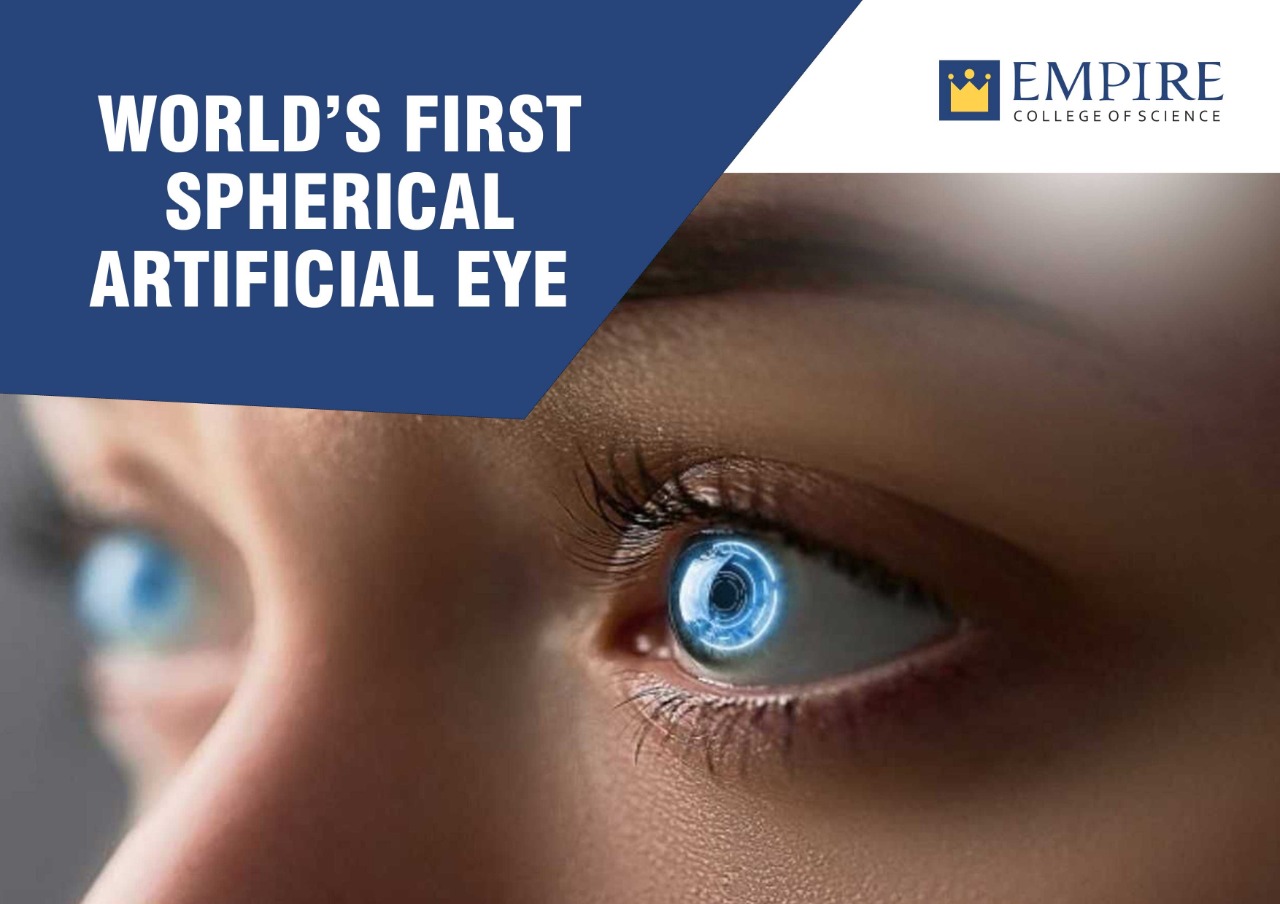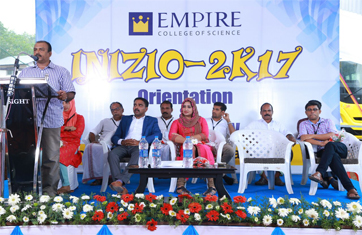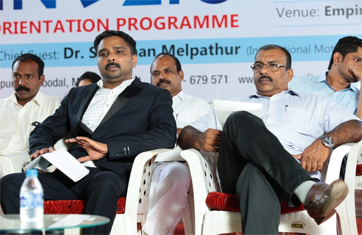WORLD’S FIRST SPHERICAL ARTIFICIAL EYE

- 07 Aug
- 2020
Have you heard of the artificial eye? A group of persevering scientists at the HongKong University of Science and Technology (HKUST) has recently developed the world's first 3D artificial eye with capabilities better than existing bionic eyes and in some cases, even exceed those of the human eyes, bringing the vision to humanoid robots and hope to patients with visual impairment.
Scientists around the globe strive hard to develop artificial eyes that can surpass the capabilities of a human eye. Though bionic eyes have been developed, it got poor resolution with 2D flat image sensors. For the first time, the Electrochemical Eye (EC-Eye) developed at HKUST, not only replicates the structure of a natural eye but may offer sharper vision than a human eye in the future.
The artificial eye is designed to work in such a way that an electrochemical process that is adopted from a type of solar cell is involved. In this principle, each photosensor on the artificial retina can serve as a nanoscale solar cell. With further modification, the EC-Eye can be a self-powered image sensor, which means it neither requires external power source nor circuitry when used for ocular prosthesis, thereby making it more user-friendly compared to the current technology.
This is a milestone in the field of optometry. If scientists can prove what they claim is right, this could give hope to a lot of visually impaired people. Let us hope that these innovations can be useful for those who are in need. Optometry is the branch of science that deals with the study of eyes and detection of the abnormalities as well as the correction of refractive error with contact lenses. Here, at Empire College of Science, Malappuram, the best paramedical college in Kerala, offers various courses for your better future. Contact us for admission and course details.
Visit our website:https://www.empirecollege.in/





